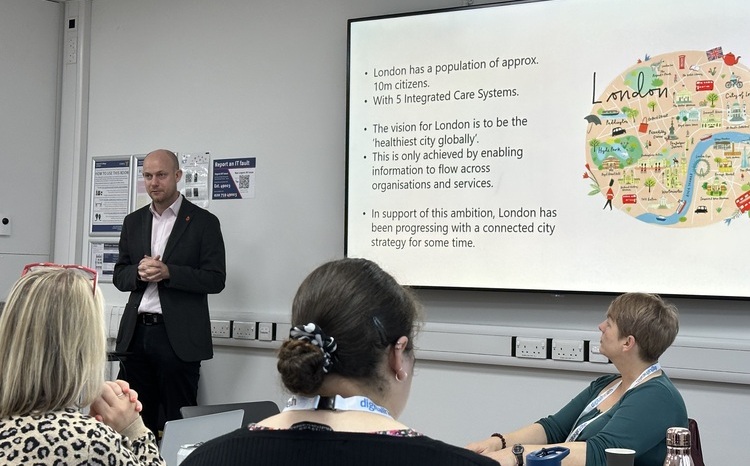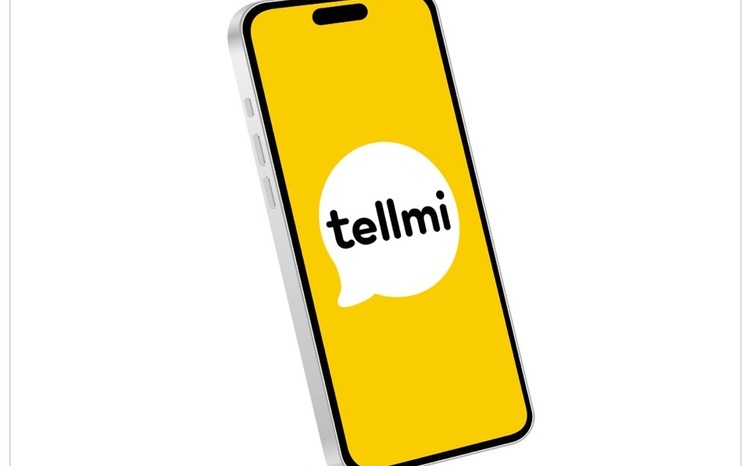Choose and Book may get mobile txt reminders
- 19 May 2005
Plans are being drawn up to introduce a national automatic appointment reminder service to cut missed appointments by patients, a problem estimated to cost the NHS up to £250 million a year. The aim is to introduce the system next year as part of Choose and Book, the late-running national electronic appointment booking service.
EHI has learned that Atos Origin, the prime contractor for Choose and Book, is evaluating a number of different appointment reminder systems on behalf of Connecting for Health. These are understood to range from simple text messaging to patients’ mobile phones, through to advanced systems in which a patient is called by a computer-generated voice.
It is understood that no specification of requirements for the reminder service have yet been produced by Connecting for Health, despite the ambitious deadline to introduce a national service in 2006.
A number of pilots of different text-based appointment reminder services have so far been carried out across by NHS organisations, but only a handful of hospital or PCT-wide implementations of a text messaging reminder service. But early pilots and implemenattions have demonstrated though that text messaging can cost-effectively cut missed appointments, known as did not attend (DNA) rates.
One of the leaders in the field is iPlato, which is working with 12 trusts in and around London. The company is working with PCTs, community and mental health trusts to show how text messages to patient’s mobiles can DNA rates and target specific patient groups for health promotion, such as getting them to attend smoking cessation sessions.
Islington Primary Care Trust has run one of the biggest trials of text message appointment reminders since September 2004, involving two practices. The text messaging service has lead to an estimated 3-8% reduction in DNAs at the practices involved.
Doctor-Patient Partnerships estimates that each missed appointment costs a practice £18. During the pilot 3,250 patients at the two practices were sent 8,487, with the project costing a total of £11,500 – largely integration costs.
Simon Jones, primary care ICT manager at Islington PCT, said that mobile phone text messaging was an attractive approach for the PCT because it was affordable, easy to use and made use of a communications channel that was readily available “We estimate that 80% of our patients carried mobile phones”.
Before the pilot began though the practices only recorded details of mobile phone numbers for about 20% of patients. “Though this would increase as the service was publicised,” said Jones.
After correspondence with the Medical Defence Union the PCT decided that it could proceed with an implied consent model: patients were sent a leaflet offering them an opt-out and then text reminders unless they said they didn’t want to receive them. “We informed patients before the pilot by sending them a leaflet and gave them an opt-out mechanism”.
With 98% of its practices using EMIS for their practice system, Islington PCT was able to integrate iPlato with just one GP clinical system. “The system easily generates automatic and manual text reminders for patients and allows text replies to be received,” said Jones. Text messages were kept as generic as possible, containing no patient identifiable information.
Steve Coleman, practice manager at City Road Medical Practice, one of the practices involved in the Islington project, said that the text message appointment reminder service had lead to a reduction in DNAs “equivalent to 6.2% across the practice list”. He said that the service had the potential to save costs. Goodridge Health Centre, the other practice involved in the project also saw a reduction in its DNA rates of about 3%
As well as using the system to tackle DNAs, City Road has also used it to invite all patients the had a mobile phone number for in for smoking cessation sessions at the practice in a campaign that led to 10-12 bookings directly from text messages. “The first booking came in within an hour,” said Coleman. “We also had a booking from a patient without a mobile phone who had heard from a friend.” Six patients objected to being sent.
Tobias Alpston, MD of iPlato, added: “The system is automatic so as well as reducing DNAs it can cut the administration costs of sending reminder letters and calling patients.” The cost of the iPlato system is about £1,000 per year per practice.
An independent evaluation of the Islington PCT pilot is now underway by the Centre for Health Informatics at University College London, looking at patient satisfaction and user satisfaction rates.
Toby Gockel, healthcare specialist at iPlato, said that the company would shortly release an updated version of its software incorporating lessons learned from early implementations, and including: multi-language functionality; advanced scheduling for sending messages; and advanced sending by clinical group.
He added that the ability to automatically send messages to very targeted groups such as diabetics or smokers would become available once the Application Programming Interfaces (APIs) of GP clinical systems become available, which is due this November.
“Once we have the APIs we will be able to extract a lot more information directly out of clinical systems.”




